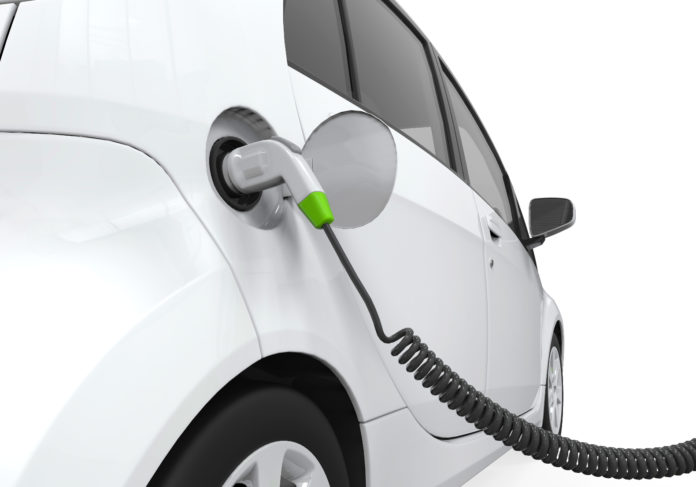Ahead of the Delhi assembly elections, Chief Minister Arvind Kejriwal-led government has announced the first draft for the Electric Vehicle Policy 2019. The policy aims to promote the use of electric vehicles in the national capital and build supportive infrastructural facilities for a cleaner alternative to the existing transport network. The policy also aims to improve the air quality of the Delhi region.
The AAP cabinet cleared the policy on Tuesday.
Delhi cabinet has cleared the landmark Delhi Electric Vehicle policy today. Our goal is to make Delhi India's EV capital. This will be a huge step towards reducing vehicular pollution in Delhi. #DelhiGoesElectric pic.twitter.com/9Cg3KGX9MJ
— Arvind Kejriwal (@ArvindKejriwal) December 23, 2019
It was reported that the sale of electric two-wheeler constituted only 0.2 percent of annual two-wheeler sales, while the sale of electric cars contributed to 0.1 percent of total car sales. Interestingly, there was almost 0 percent of sales of electric three-wheelers. Therefore, the main goal of the newly drafted policy is to raise the contribution of Electric vehicles to 25 percent to the overall new vehicle registrations by 2024.
It is expected that the government will be able to save about ₹ 6000 crores in oil and liquid natural gas imports, as well as 4.8 million tonnes of CO2 emissions. The milestone for the first year is the induction of 35,000 units of two/three and four-wheelers. Around 1000 Electric vehicles for last-mile deliveries will also be installed and 250 public charging stations will be set up around Delhi. It has also been reported that the existing subsidies under DPCC shall continue.
Features of Policy-
- It will be valid for three years from the date of implementation.
- Road tax and registration for all the battery-operated electric vehicles will be waived off.
- A subsidy of Rs.10,000 a will be offered to the two-wheeler with a battery capacity of 2 kWh.
- An incentive of Rs. 10,000 per kWh will be given to the first 1000 cars with a limit of Rs. 1.5 lakh per vehicle.
- A purchase incentive of Rs. 30,000 will be provided on the purchase of three-wheelers. Presently, there is zero incentive in this regard.
- Electric carriers will also be exempted from plying and idle parking of light goods vehicles on identified roads during fixed timings.
- A subsidy of 100 percent will be given on the purchase of charging equipment up to Rs. 6000 per charging point. This will be valid for the first 30,000 charging points.
- A capital subsidy for the cost of the charger’s installation will also be offered. This will include the reimbursement of 100 percent net State GST for EOs on the purchase of advanced batteries at swapping stations.
According to the reports, a special and dedicated EV cell will be set up for the implementation of the policy. This cell will be established within the transport department. And the funding for all the incentives will be obtained from multiple sources that will include pollution/diesel cess, road tax, environment compensation charge under the Feebate concept.
ALSO READ:

